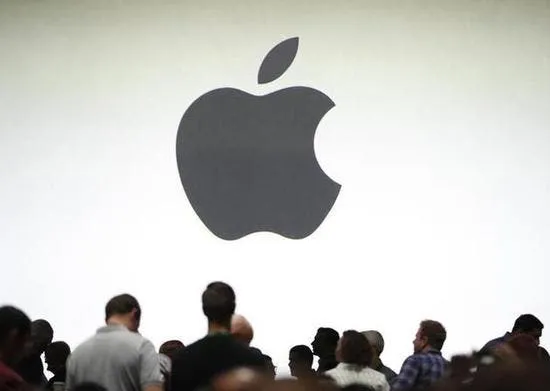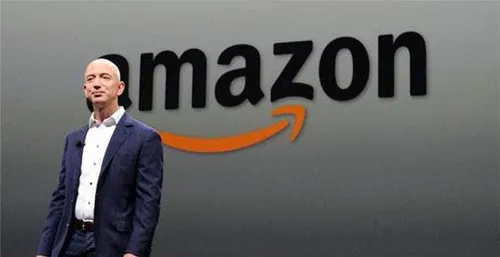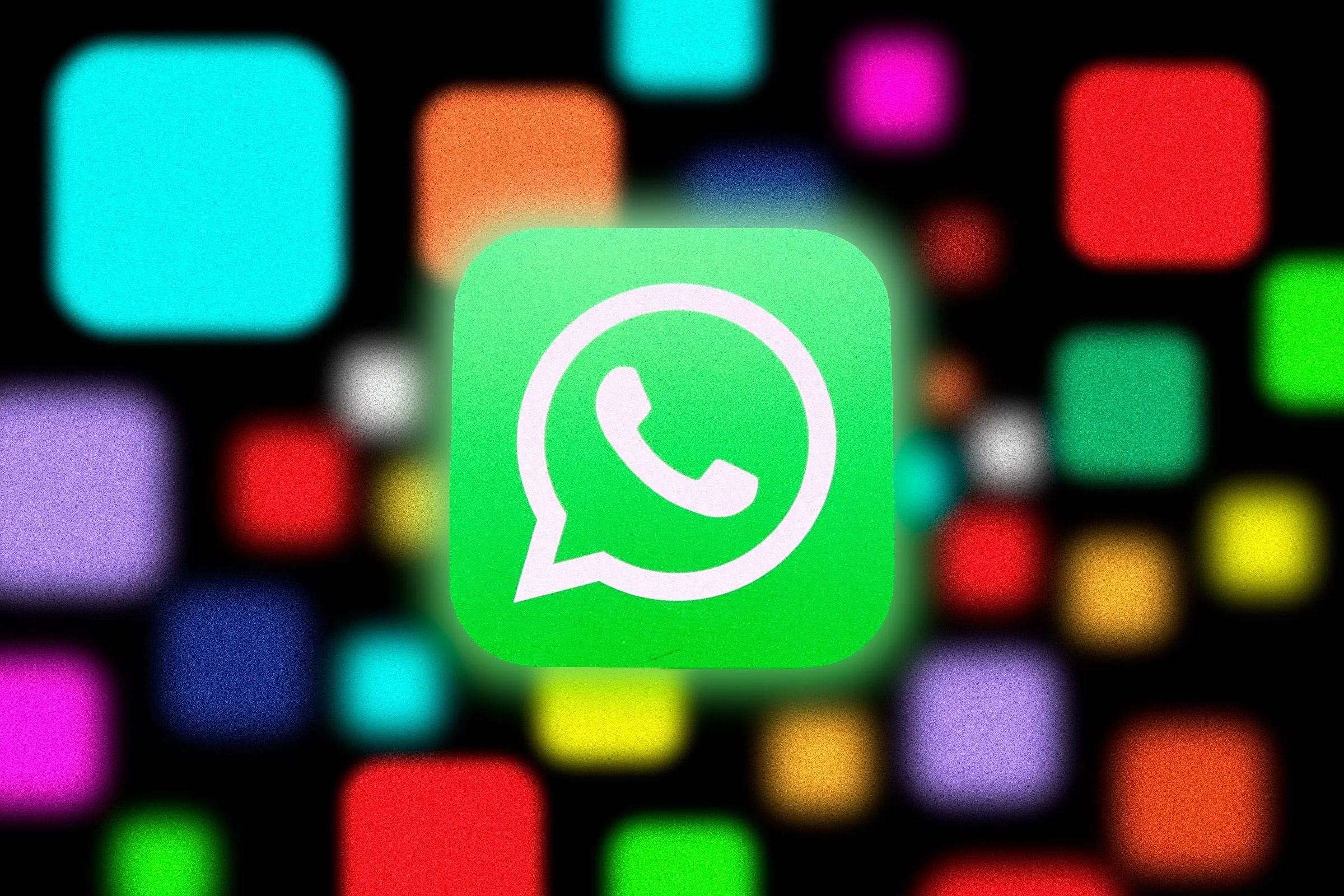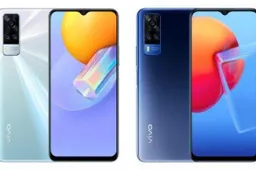Amazon and Apple abandon Intel chips - a significant shift in the PC market
TechThursday, 03 December 2020 at 06:17

The manufacturing industry is highly competitive and no company can stay on top for long. Intel has been the leading chip provider for laptops for so many years. However, the situation is changing swiftly. Amazon and Apple are currently reducing their dependence on Intel chip technology. For a long time, Intel's chip technology has dominated most personal computers and large server systems. After abandoning Intel chips, Apple and Amazon began to use more self-developed chips.

Last month, Apple released its latest MacBooks. These devices use Apple's latest ARM-based M1 chip. In June of this year, Amazon’s cloud computing business also began to promote new computing services. The service also uses ARM-based chips developed by Amazon itself. Amazon told customers that the service is faster than products based on Intel chips. The price is one-fifth cheaper than the latter.
On Tuesday, Amazon released another computing service based on the same chip for corporate users. The company also shared the benefits of users after launching the new service in June. Amazon also added that as part of the expanded partnership between the two companies, Twitter also plans to start using this technology.
Peter DeSantis, head of computing infrastructure at Amazon Web Services (AWS), said: "The bigger the customer, the more excited they are."
Amazon and Apple take the first step
The practices of Apple and Amazon triggered a chain reaction in the semiconductor industry, which has a total value of $400 billion. The actions of the two companies illustrate that key decisions in the chip industry may increasingly be transferred from chip suppliers who have long held power to chip-using companies that have resources, and the latter will make their own chips. For computer users, this change may bring more technology choices, faster computing speeds, and lower prices.
Keith Kressin, senior vice president of Qualcomm, a large supplier of ARM chips, said: "Everyone thinks, wow, Apple is doing its best to develop its own chips, and Amazon and other companies have joined."
In the mid-1990s, Intel dominated the entire computing field and became the largest supplier of personal computer processors. Later, the company took advantage of its mass production to manufacture lower-priced chips for servers. But in 2007, when smartphones became popular, the company did not start producing chips for smartphones.
However, Intel is not giving up on the chip market. The company is still producing faster x86 chips, and many customers don’t want to rewrite the software that runs on x86 chips.
Intel vice president, Lisa Spelman said: “Intel’s work is based on the x86 ecosystem for more than 20 years. We can ensure software compatibility and high performance, which are both consumers and data centers. An important customer request."
Popular News
Latest News
Loading




